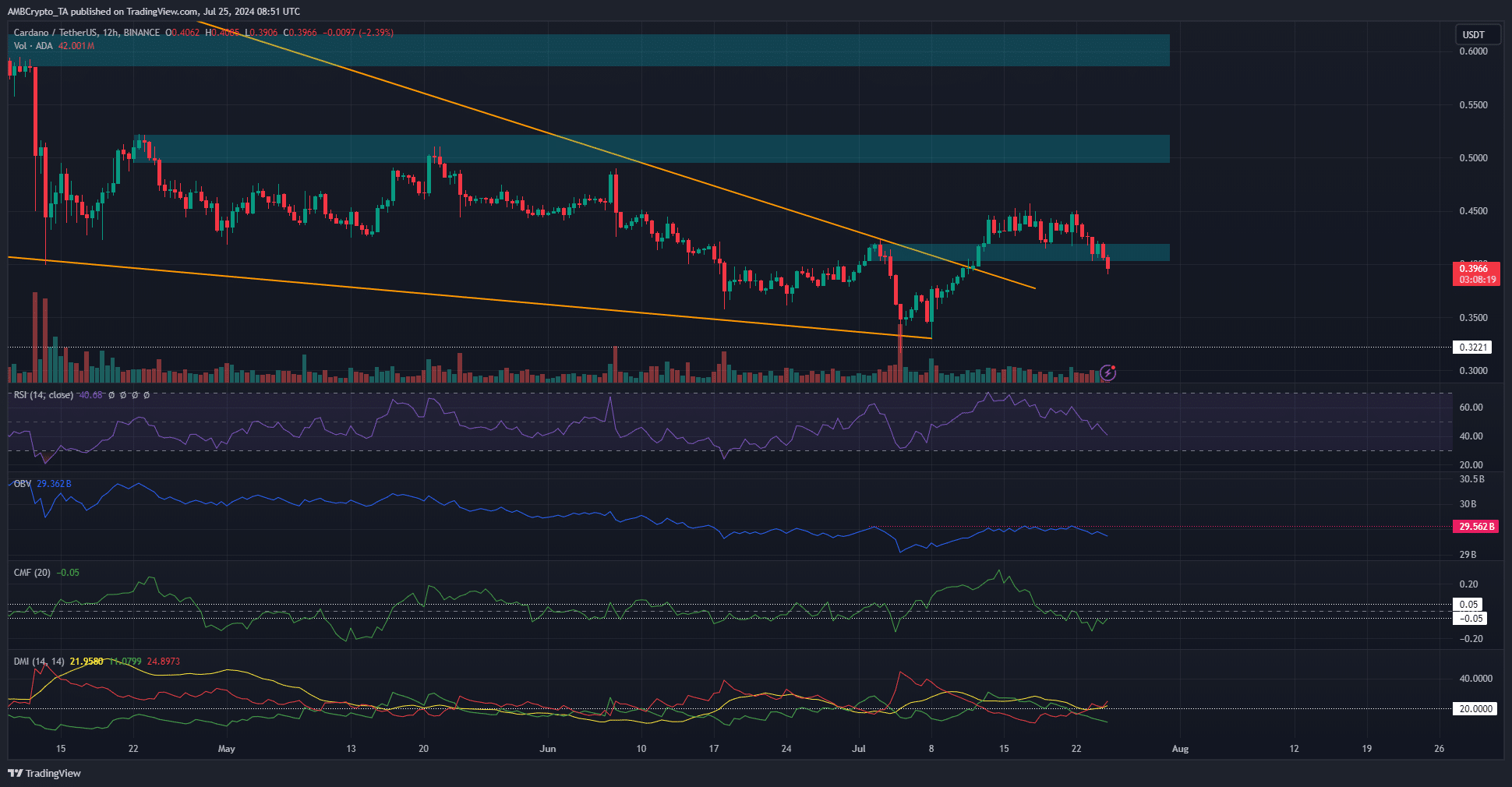Category: Forex News
Egypt: Devaluation, Financial Support Mitigate Near-term Risks, But Challenges Remain
One crucial aspect for significantly raising foreign investment inflows will be the central bank’s ability to maintain a more flexible inflation-targeting regime allowing market forces to set the exchange rate. The uneven policy-making environment since October 2022 suggests that this process may not be smooth, with limited fluctuations of the pound since the 6 March devaluation suggesting central-bank intervention in currency markets.
If the authorities aim only to continue managing the value of the pound at lower levels instead of allowing the currency to fully float, this may fall short of IMF conditions for future disbursements and complicate co-operation with the official sector. For now, international partners remain supportive in the current political and economic context in the Middle East and North Africa.
Currency Devaluation Exacerbates Government Fiscal Challenges
The large devaluation of the pound puts upward pressure on public spending as the government offsets the impact of higher domestic prices and rising interest rates on households given low per capita incomes. The Central Bank of Egypt has raised its main operation rate by 800bp since the end of 2023 to 27.75%.
More restrictive monetary policy in response to rising inflation could weigh on the government’s net interest burden, projected at more than 70% of revenue, and wide fiscal deficits expected at above 10% of GDP on average until 2028.
Servicing foreign-currency denominated debt, accounting already for more than 40% of central government debt as of Q2 2023, will be more expensive too. This will test the government’s ability to maintain a recent record of running a primary budget surplus, which averaged more than 1% of GDP between 2019 and 2023. Mobilising domestic resources will take time.
Budget balances could be supported by higher foreign tax receipts once converted to local currency, Egypt’s commitment to scaling down mega infrastructure projects as well as reducing off-budget capital expenditure. Still, these options contrast with current plans by the authorities studying costly further widening of the Suez Canal.
Beneficial as the recently-announced international financial support and the exchange-rate devaluation are for easing external-sector stress, the uncertainties surrounding further reform and the difficult policy trade-offs required explain why Scope Ratings affirmed Egypt’s B- long-term credit ratings and maintained a Negative Outlook on 1 March 2024.
For a look at all of today’s economic events, check out our economic calendar.
Thomas Gillet is a Director in Sovereign and Public Sector ratings at Scope Ratings GmbH.
Source link
Discover more from BIPNs
Subscribe to get the latest posts sent to your email.
Written by : Editorial team of BIPNs
Main team of content of bipns.com. Any type of content should be approved by us.
Share this article:
Discover more from BIPNs
Subscribe to get the latest posts sent to your email.










